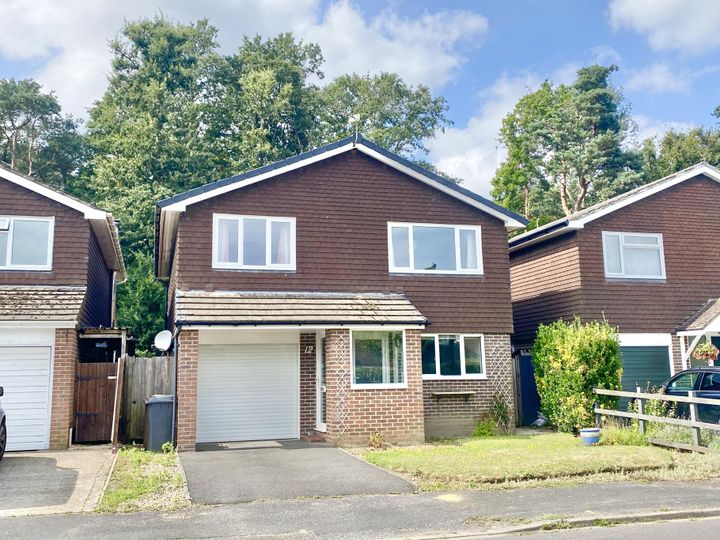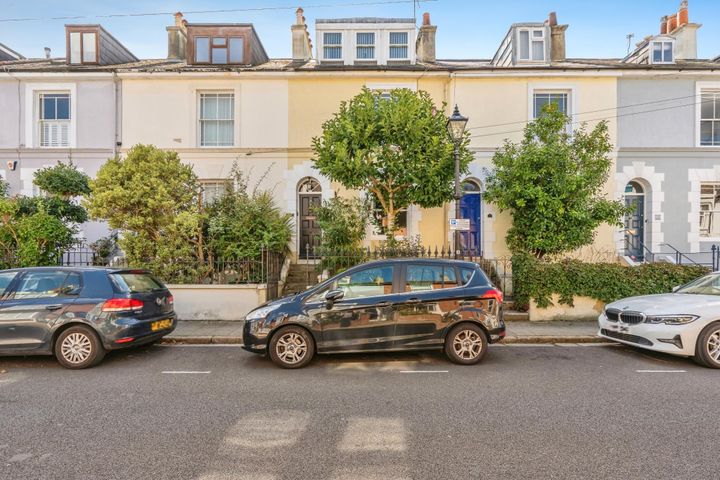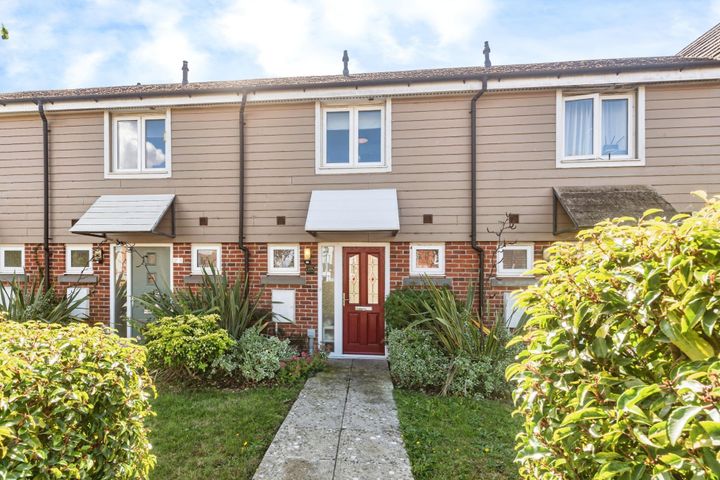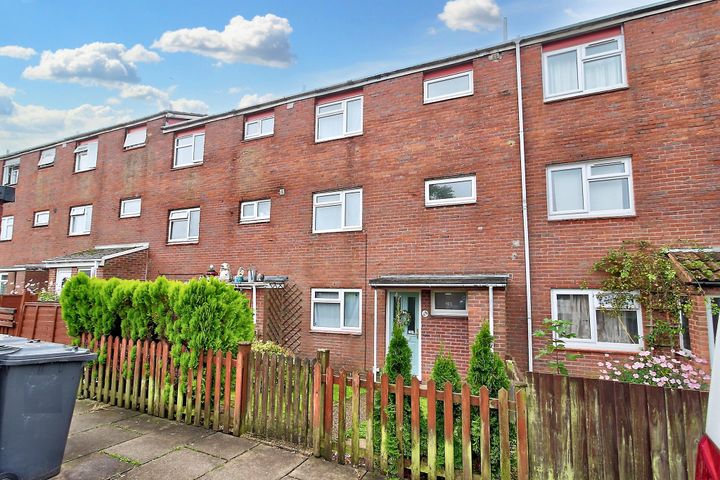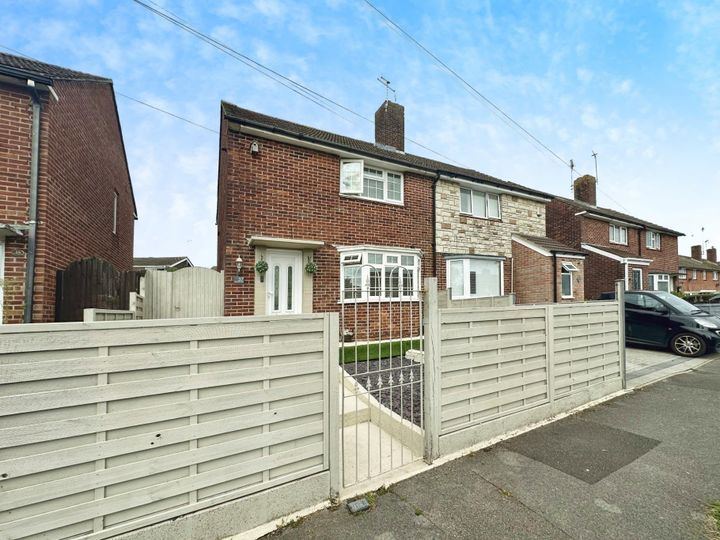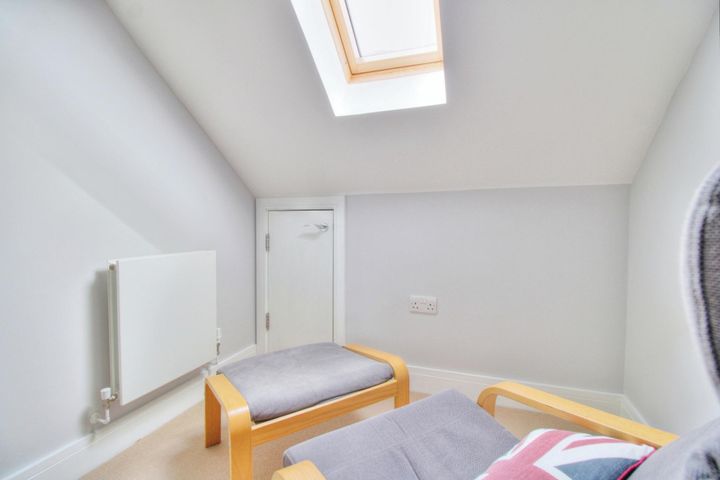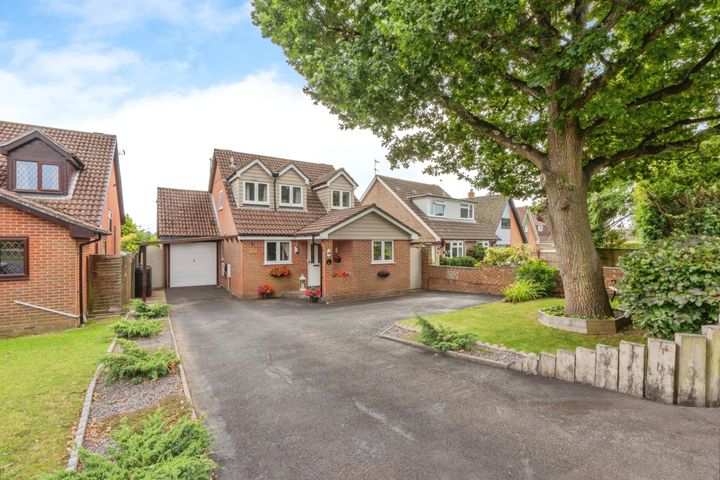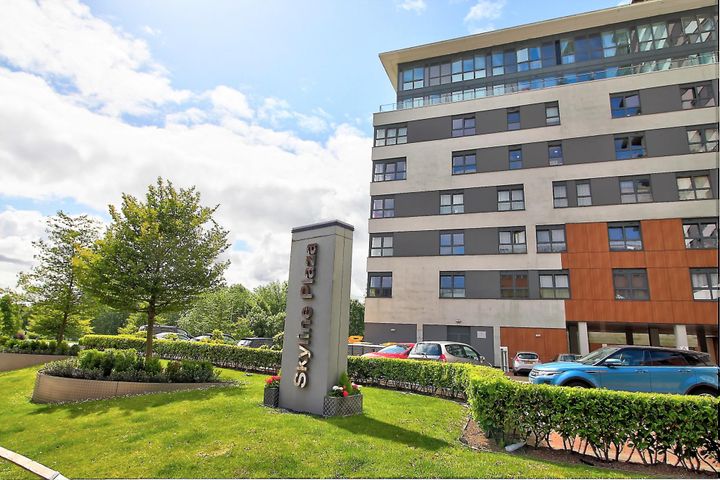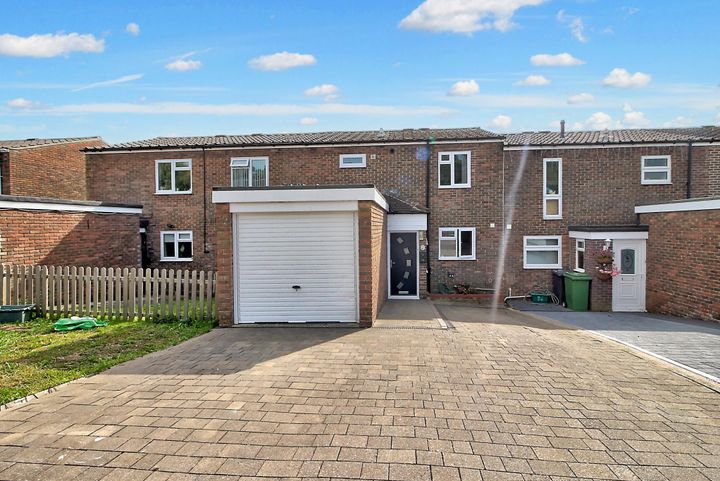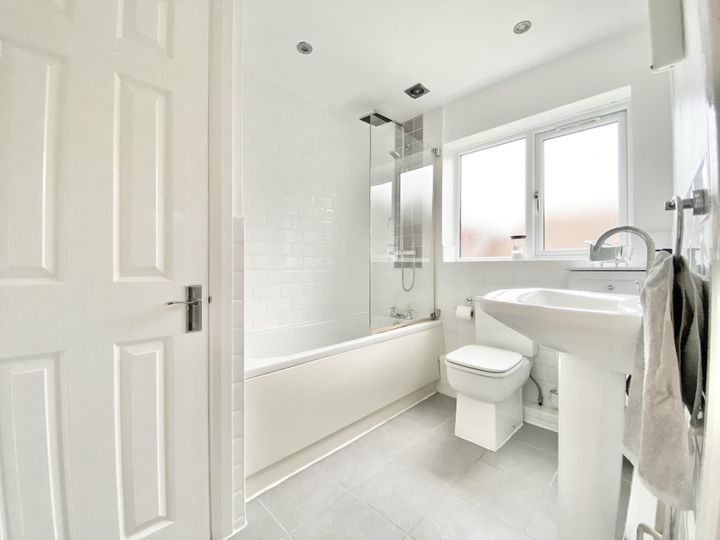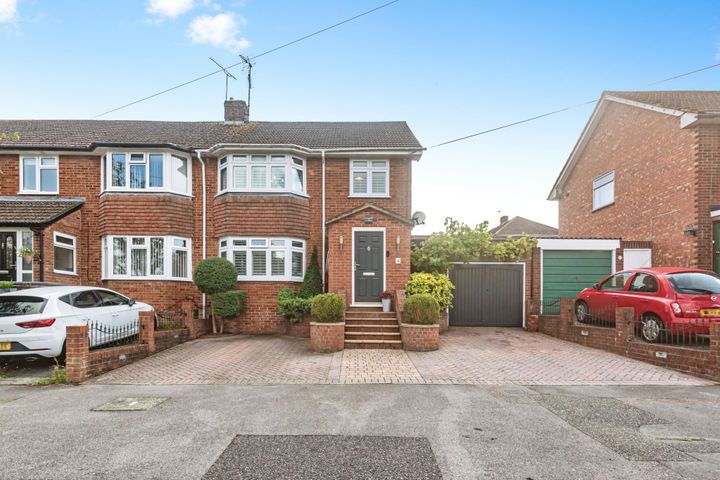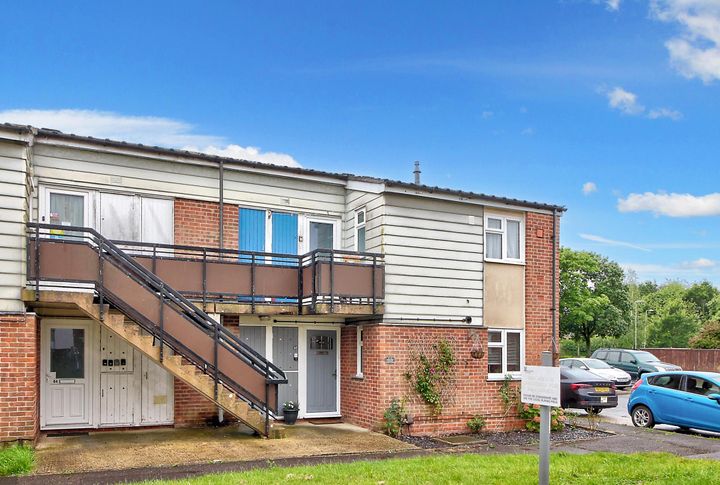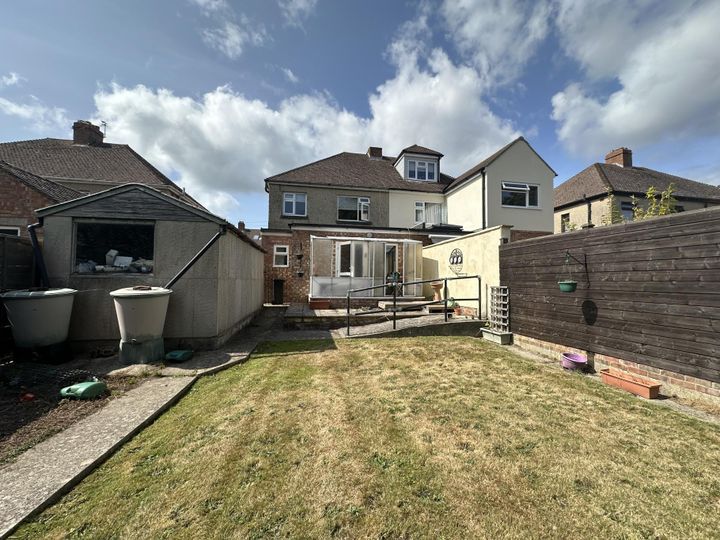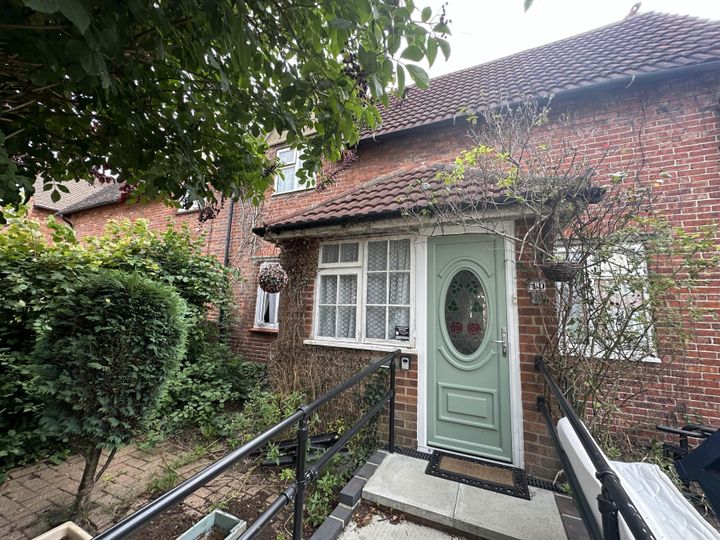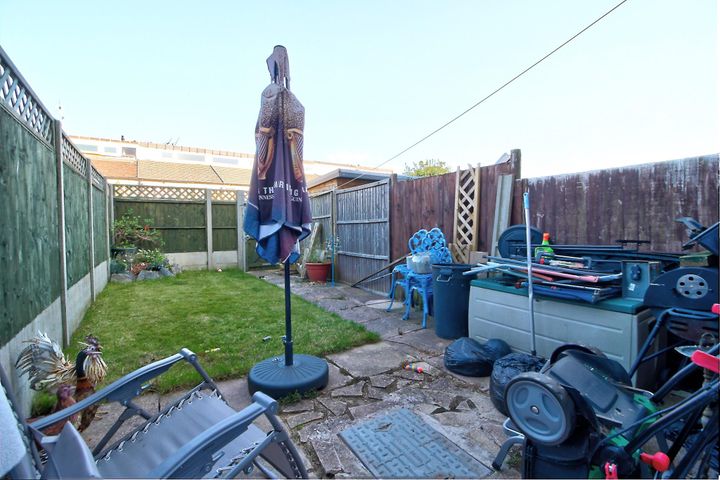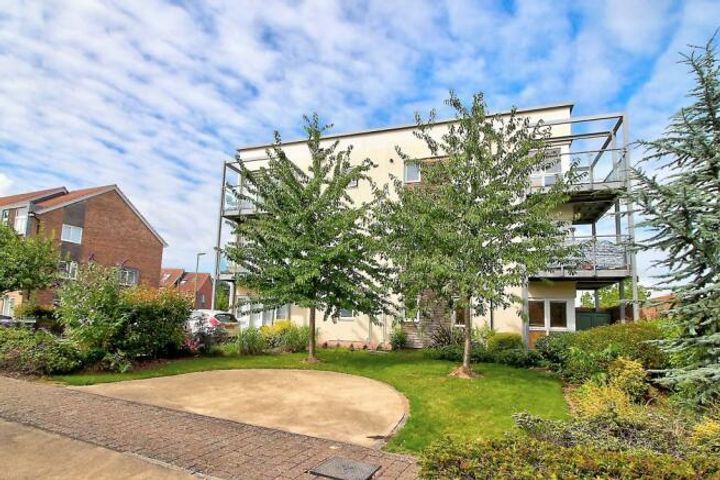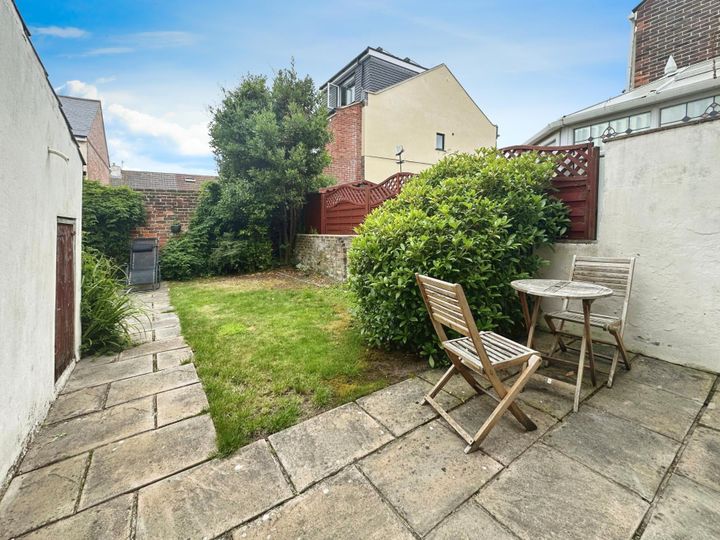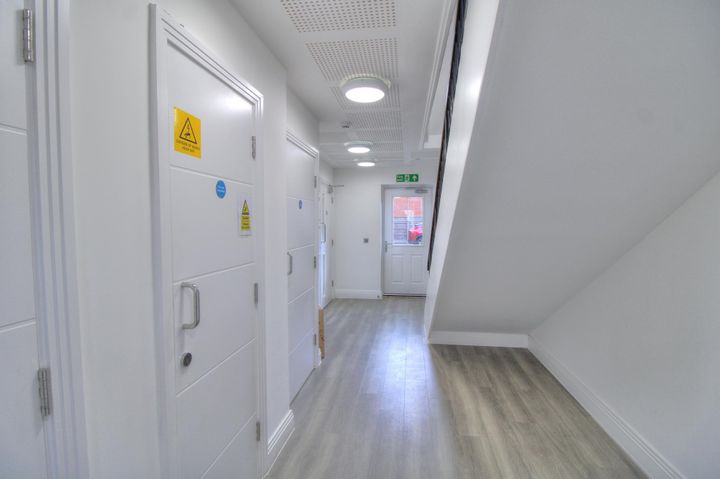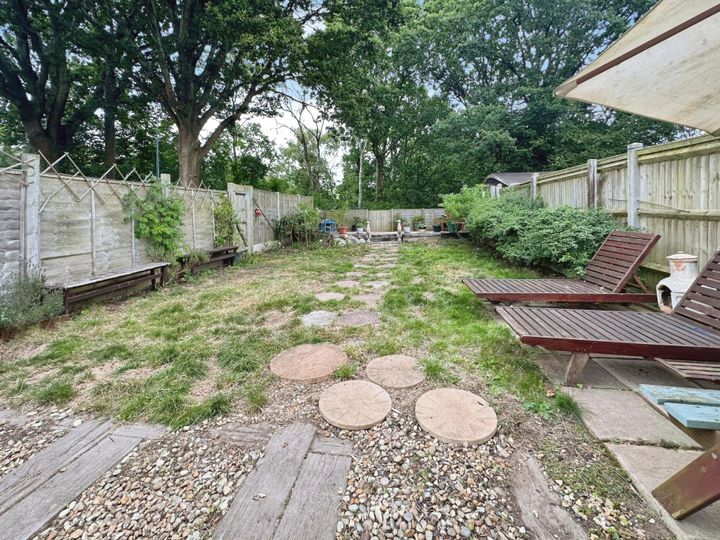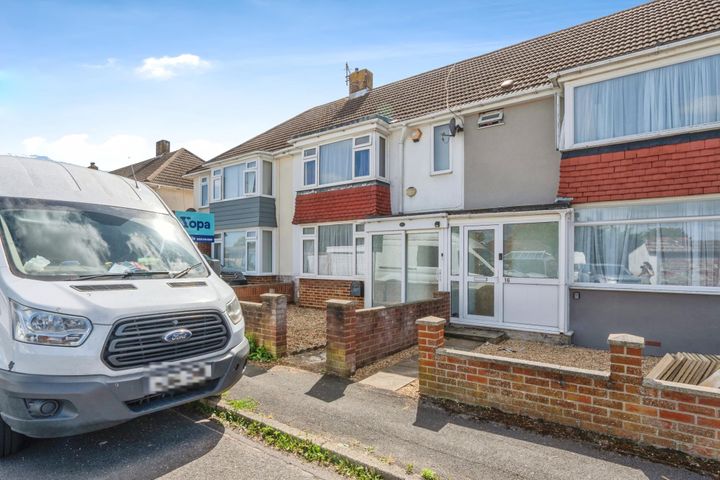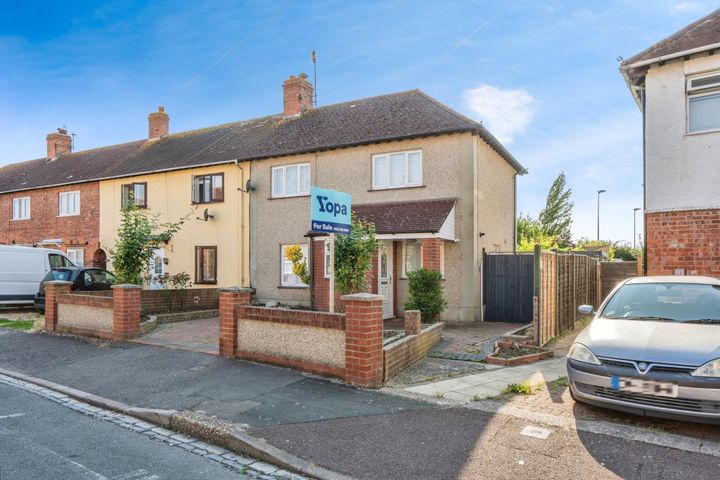Real estate prices in Hampshire are influenced by a variety of factors, including location, local amenities, and school quality. Areas with proximity to major transport links, such as the M3 motorway and high-speed train services to London, tend to see higher property prices due to increased accessibility for commuters. Towns like Winchester and Basingstoke often attract buyers looking for a balance of urban amenities and suburban living. Additionally, the presence of good schools and educational institutions can significantly elevate demand for housing in specific areas; for instance, families often seek out properties in the catchment zones of top-rated schools, which drives up prices in those neighborhoods. Historical significance and desirable landscapes, such as those found in the New Forest National Park, also play a critical role as buyers often seek properties that offer aesthetic and recreational value, further affecting market dynamics. Moreover, economic factors, including interest rates and local employment opportunities, can either bolster or depress market activity, impacting pricing trends across the region.
Hampshire
Location
Price Range
Any price
Price Range
Minimum
No min
Maximum
No max
Property type
Show all
Property type
Show all
House
Apartment
Building
Other
Bedrooms
Any beds
Bedrooms
Minimum
No min
Maximum
No max
Surface Range
Any surface
Surface Range
Minimum
No min
Maximum
No max
Sale type
For sale
Sale type
Show all
To rent
For sale
Location
Apartments and houses for sale in Hampshire
73 results
Recent
Hampshire insights
| Aspect | Summary |
|---|---|
| Population | 1.8 million |
| Average Property Price | £320,000 |
| Rental Yield | 4.5% |
| Average Rent | £1,200 per month |
| Occupancy Rate | 92% |
| Capital Growth Rate | 3% per annum |
| Property Tax | 1% of property value |
| Transaction Costs | 4% of property price |
| Expected ROI | 7.5% |
| Economic Growth Impact | Stable growth driven by tech and tourism sectors |
Hampshire FAQ
What factors influence real estate prices in Hampshire?
How have real estate prices in Hampshire changed over the last year?
Over the past year, real estate prices in Hampshire have seen a noticeable increase, driven by a combination of factors such as low inventory and ongoing demand. According to recent market reports, the average house price in Hampshire has risen by approximately 10% compared to the previous year. For instance, the average price for a detached home reached around £500,000, while semi-detached houses are averaging nearly £350,000. Areas such as Southampton and Winchester have experienced significant spikes, with some regions witnessing price jumps of over £50,000 for properties. Additionally, the influx of remote workers seeking larger living spaces and the appeal of Hampshire’s countryside have further fueled this upward trend. In rural areas like the New Forest, properties are being snapped up quickly, often going for well above the asking price, indicating a highly competitive market.
What are the average home prices in different areas of Hampshire?
Average home prices in Hampshire vary significantly by location. In the city of Winchester, known for its historic charm and vibrant amenities, average prices hover around £500,000, making it one of the pricier areas in the county. Alternatively, in Basingstoke, a town with a mix of modern development and traditional housing, the average home price is around £350,000. Further west, in places like Andover, prices drop to approximately £280,000, attracting families looking for more affordable options. Meanwhile, in coastal areas like Southampton, the average home price can be around £320,000, benefiting from proximity to the waterfront. Lastly, areas like Fareham have average prices close to £320,000, appealing to those seeking a suburban lifestyle. Overall, the housing market in Hampshire reflects a range of price points shaped by local amenities, transport links, and community characteristics.
Are there any trends in real estate prices for investment properties in Hampshire?
In recent years, real estate prices for investment properties in Hampshire have shown notable trends influenced by various factors. For instance, areas such as Southampton and Portsmouth have experienced a surge in demand due to their proximity to coastal attractions and university towns, leading to increased property values. The average price for a buy-to-let property in Southampton has risen by approximately 7% over the past year, reflecting a robust rental market driven by students and young professionals. Meanwhile, more rural areas, like Winchester and Basingstoke, have witnessed a steady increase, albeit at a slower rate, as families seek more spacious living environments away from urban centers, leading to a shift in buyer interest. Notably, the ongoing development of transport links, such as the upgrades to the M3 corridor, further boosts the appeal of investment properties in the region, as investors recognize the potential for capital appreciation over time.
How do real estate prices in Hampshire compare to nearby regions?
Real estate prices in Hampshire typically reflect a range of factors including its proximity to London, local amenities, and transport links. For instance, in areas like Southampton and Portsmouth, average property prices are generally lower than those in neighboring regions such as Surrey, where the higher demand due to its affluent communities drives prices up. In contrast, counties like Wiltshire often showcase values below those of Hampshire, particularly in rural areas, as they may lack the same level of accessibility to major urban centres. Towns like Basingstoke show competitive pricing compared to nearby Reading, where a tech boom has significantly increased demand and consequently, house prices. Overall, while Hampshire maintains a balance between urban and rural settings, its real estate market demonstrates nuanced differences when measured against adjacent areas.
What role does the local economy play in determining real estate prices in Hampshire?
The local economy in Hampshire significantly impacts real estate prices, primarily through employment rates, income levels, and the presence of key industries. For instance, regions with strong employment opportunities, such as those near technological hubs like Basingstoke, often experience increased demand for housing, driving prices upward. Areas with a high concentration of public sector jobs, like those in Winchester, can also see substantial real estate activity, as stable employment tends to attract homebuyers seeking long-term accommodations. Conversely, regions experiencing economic downturns or declining industries, such as some more rural parts of Hampshire, may see stagnant or declining property values due to reduced demand. Additionally, local amenities, schools, and transportation links, heavily influenced by the local economy, can enhance desirability and subsequently impact real estate prices.
How do schools and amenities affect property values in Hampshire?
In Hampshire, schools and amenities significantly influence property values due to their impact on lifestyle and desirability. High-performing schools, such as Winchester College or Peter Symonds College, attract families seeking quality education, thereby driving up demand for nearby properties. Areas with schools rated "Outstanding" by Ofsted often witness a spike in property prices as parents prioritize educational opportunities for their children. Additionally, local amenities like parks, shopping centers, and healthcare facilities play a crucial role; for instance, proximity to the vibrant shopping scene in Southampton or the historic sites in Portsmouth can enhance a neighborhood's appeal. Properties near well-maintained public spaces, like the New Forest National Park, tend to command premium prices, as buyers appreciate the recreational opportunities available. As such, the interplay between educational facilities and local amenities in Hampshire creates a dynamic real estate environment, influencing buyer decisions and property valuations.


